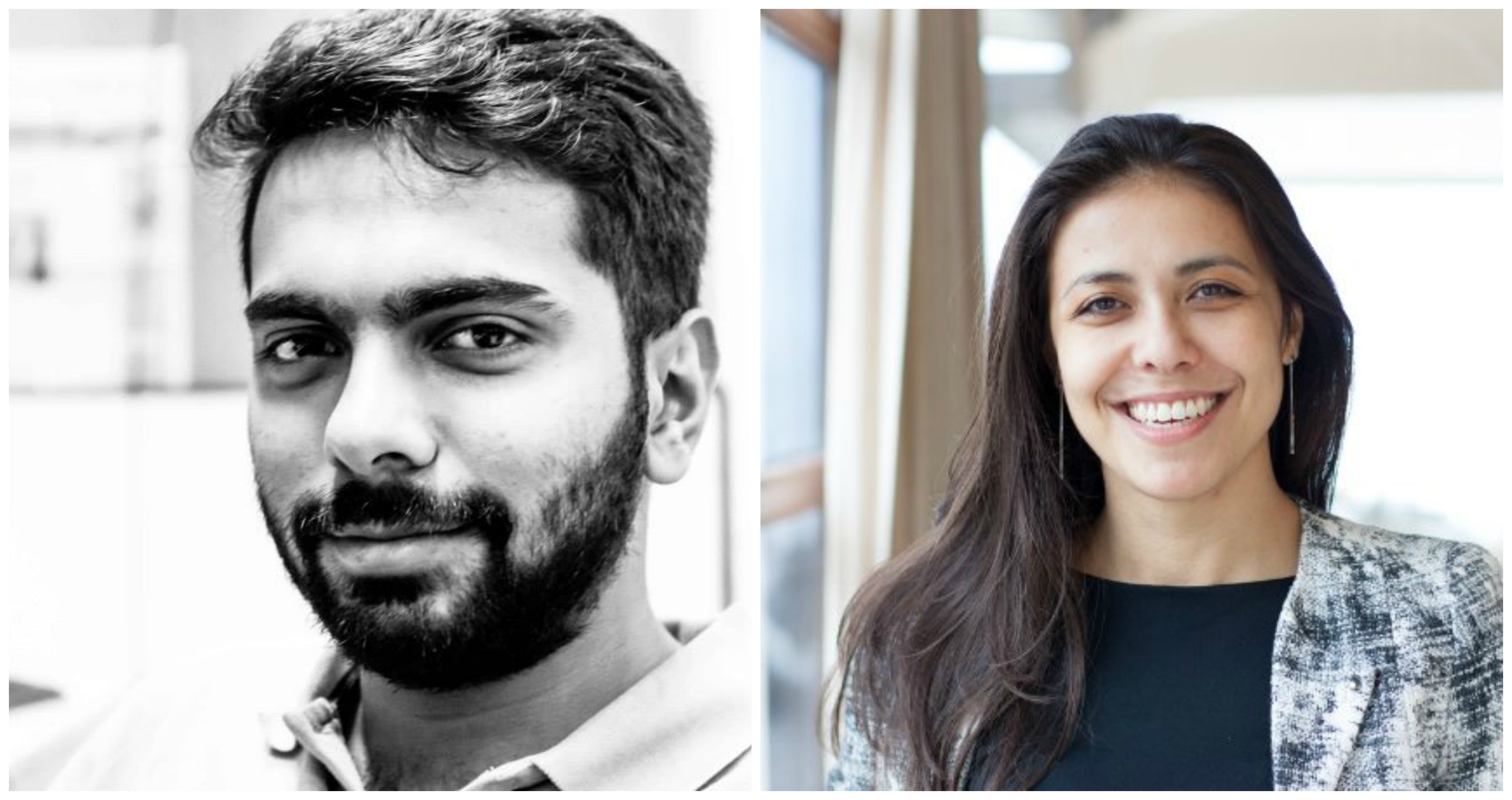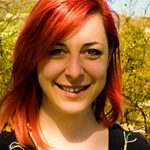
Islamophobia is becoming an epidemic in the modern society. Its impact is widespread but is most crucial and most difficult for young people.
Islamophobia is becoming an epidemic in the modern society. Its impact is widespread but is most crucial and most difficult for young people.
22-year-old Jennine Swan lives in New York (United States of America). She started wearing the hijab in the immediate aftermath of 9/11, the terrorist attack on her city. While remembering her first encounters with Islamophobia, she explains: “They shoved me, spat on me, and told me to go back to my country.”
Although she doesn’t deny that she faces challenges every day, Jennine is determined and does not allow her religion to be an obstacle to the fulfillment of her goals and ambitions. She emphasizes that her attitude is not a universal one and that she knows many young people, especially women, who limit themselves and sacrifice their goals as they are more difficult to achieve for Muslims.
Jeninne points out that the Paris attacks, as well as comments made by American politician Donald Trump during the current election campaign, have caused a new wave of hostility towards Muslims in New York.
Mohammad Usman Zia, a 25-year-old from Saudi Arabia who currently lives and studies at Oxford, confirms that the hostility is not limited to New York. When he was 12 he moved to the States, specifically to a rural part of Kentucky, where he first encountered Islamophobia. He faced isolation and discrimination in school, which caused anger, depression, and a proclivity towards violence. He found refuge playing American football. “It quickly became clear to me that no one expects a Muslim foreigner in a starting position. The first practices were held during Ramadan, and it was a time when I balanced the most difficult physical and social struggles,” says Mohammad.
Dedicated training allowed him to enter into the starting lineup of the school’s team and he made friends and started feeling a sense of his own identity. Shortly thereafter, Mohammed and his family were forced to return to Pakistan, where he again was forced to experience the same scenario of social exclusion. Even though he was legally a citizen of Pakistan because his mother was born there, his ties with the United States were reason enough for the other students to reject him and view him as an enemy. Mohammed was 14 at the time.
Today, he views the challenges of his youth, as well as those he still faces every day, differently.
“The fluidity of identity is what’s most important. I’m an American as much as I’m a Muslim, an Afghan, and a Pakistani. For years I struggled to define my identity until I realized that there is no definition and that it encompasses various characteristics that define us as fulfilled and dynamic people who cannot, and should not, be limited to a single word,” says Mohammed.
Saim Saeed, a 25-year-old from Pakistan, stopped explaining himself to people as a function of his religion a long time ago. Although he does not identify as a Muslim, he often faces Islamophobia because of his origins and appearance, which, to him, is a standard form of racism. However, because he lives in a Muslim country, he is surrounded by various discussions and debates.
“In Pakistan, there is a lot of talk about who is truly a Muslim, and society is extremely negative towards religious minorities – Christians and Hindus,” Saim explains.
According to him, young people join radical movements for many reasons, but one of the most fundamental is pride and dignity. Pakistan is routinely humiliated and looked down upon by other countries.
“Our colonial history just reinforces this humiliation. The religious right has disproportionate power in Pakistani society, and it influences how society is shaped and how people behave. The state has helped to further this radicalization, and there are entire school systems, madrassas (Islamic religious schools), CDs, and videos that preach radicalism,” says Saim.
He feels that the recent terrorist attacks in Paris have just increased the hostility that Pakistani Muslims feel towards the West.

Parisa Elah-Madadzahed, 29, lives in the Netherlands. She believes that the reactions to the Paris attacks have been reduced to open expressions of Islamophobia. It became apparent to her that, before the attacks, people were more hesitant to express their honest opinions.
“The events in Paris have prompted people to be more open and more direct in expressing their sentiments toward Muslims,” Parisa adds.
Parisa does not wear the hijab (the traditional veil worn by Muslim women), so at first glance, people do not perceive her as a Muslim. However, when she mentions that she is from Iran, she is well aware that the next question will be whether she is a Muslim. She has dealt with many such questions in the past, especially while attending high school.
Tasniem Anwar, a 23-year-old who wears the hijab, has been dealing with incidents related to her religion since high school.
“A high school teacher (not from my high school) once told me that she had spoken with many girls who had worn the hijab and that, as long as I wore mine, I would never succeed or fulfill my ambitions,” says Tasnim, who claims that the Dutch society is only pretending to be liberal.
Parisa and Tasniem both say that the reality is that Muslims are facing Islamophobia, stereotypes, and rejection. Discrimination against Muslims is extremely pronounced in all spheres of society, ranging from job interviews to the construction of mosques, to the issue of refugees.
To her peers around the world, Tasniem advises: “Young people, regardless of their skin color, should take action to change societal systems that create inequality. The only way towards a more inclusive society is to overcome prejudices and stereotypes. To young people of color, I say this: Stand your ground. Don’t forgive those in power. The only way to change something is to make them listen to us.”

Discrimination can be subtle, but that does not make it any less serious. All of our interviewees agree that racism presents itself in many forms nowadays and that Muslims aren’t the only group that is affected, but we, as citizens of the world, should take responsibility to stop and prevent it.






